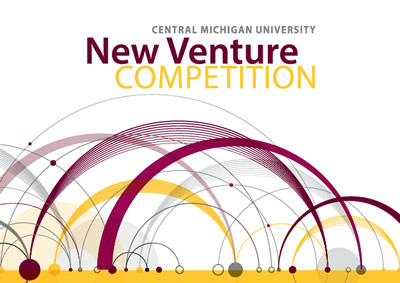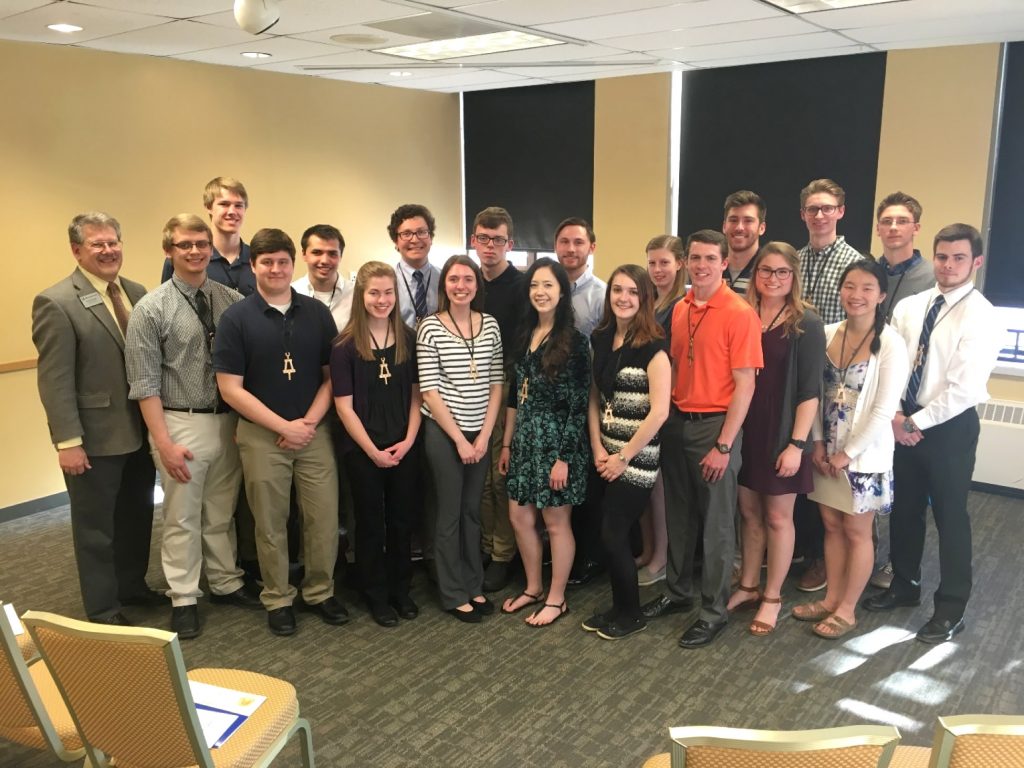The annual Staff Council Service Recognition Luncheon will be held at noon Wednesday, June 14, in the MUB Ballroom. President Glenn Mroz and Staff Council Chair, Jenn Biekkola will present awards for five-year increments of service to more than 150 staff members. Recent staff retirees will also be recognized.
A big “THANK YOU” for your service and commitment to Michigan Tech to the following staff members in the College of Engineering who will be honored for reaching a 5 year anniversary date this fiscal year.
| First Name | Last Name | Service Years | Department |
| Christopher | Gilbertson | 5 | Civil & Environmental Engineering |
| John | Kiefer | 10 | Civil & Environmental Engineering |
| Rashelle | Sandell | 20 | Civil & Environmental Engineering |
| Joan | Becker | 20 | Electrical and Computer Engineering |
| Robert | Barron | 30 | Geological & Mining Eng & Sciences |
| Paul | Fraley | 5 | Materials Science and Engineering |
| Thomas | Wood | 5 | Materials Science and Engineering |
| Allison | Hein | 25 | Materials Science and Engineering |
| Nancy | Barr | 10 | Mechanical Engrg-Engrg Mechanics |
| Jeremy | Worm | 10 | Mechanical Engrg-Engrg Mechanics |
Read more at the Staff Council Blog.
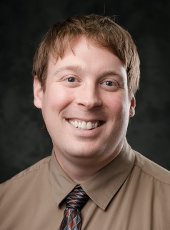
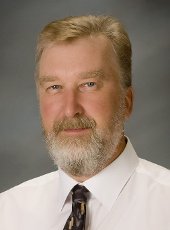

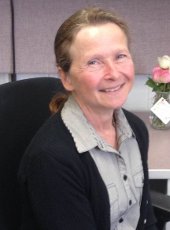
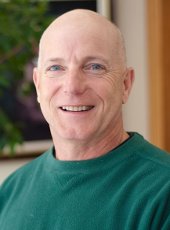
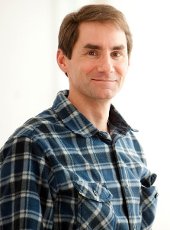
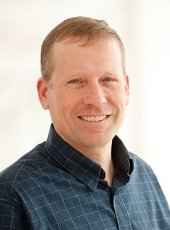
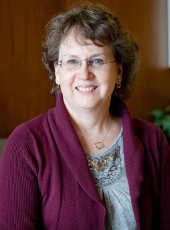
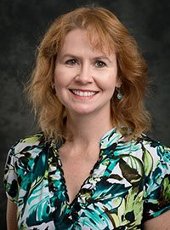
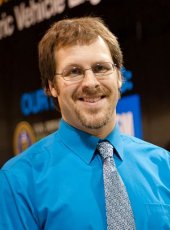
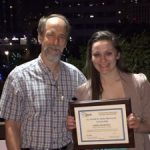
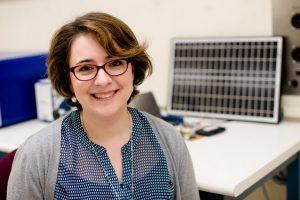
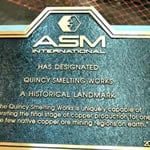
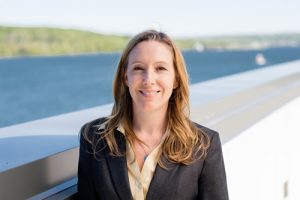
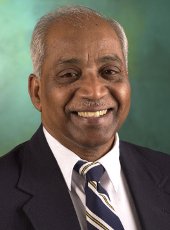
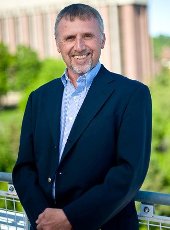
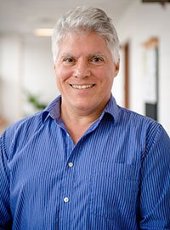
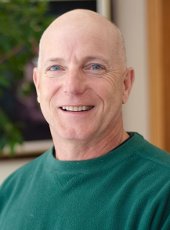
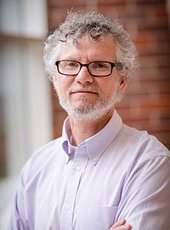
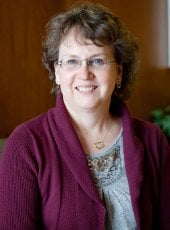
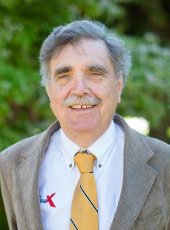
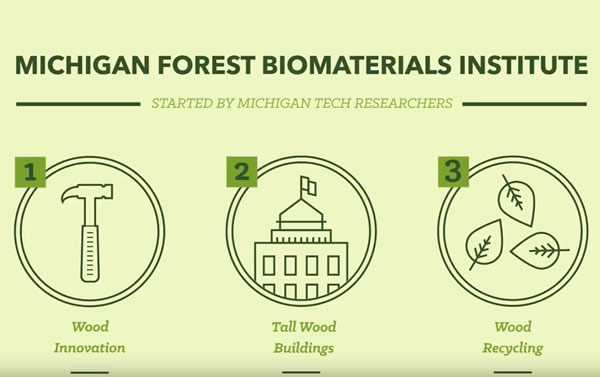
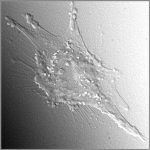 The Vice President for Research Office announced the 2017 REF awards and thanked the volunteer review committees, as well as the deans and department chairs, for their time spent on this important internal research award process.
The Vice President for Research Office announced the 2017 REF awards and thanked the volunteer review committees, as well as the deans and department chairs, for their time spent on this important internal research award process.